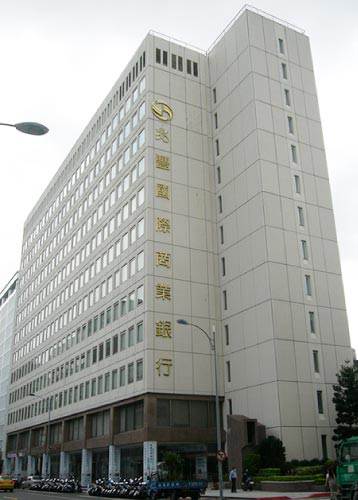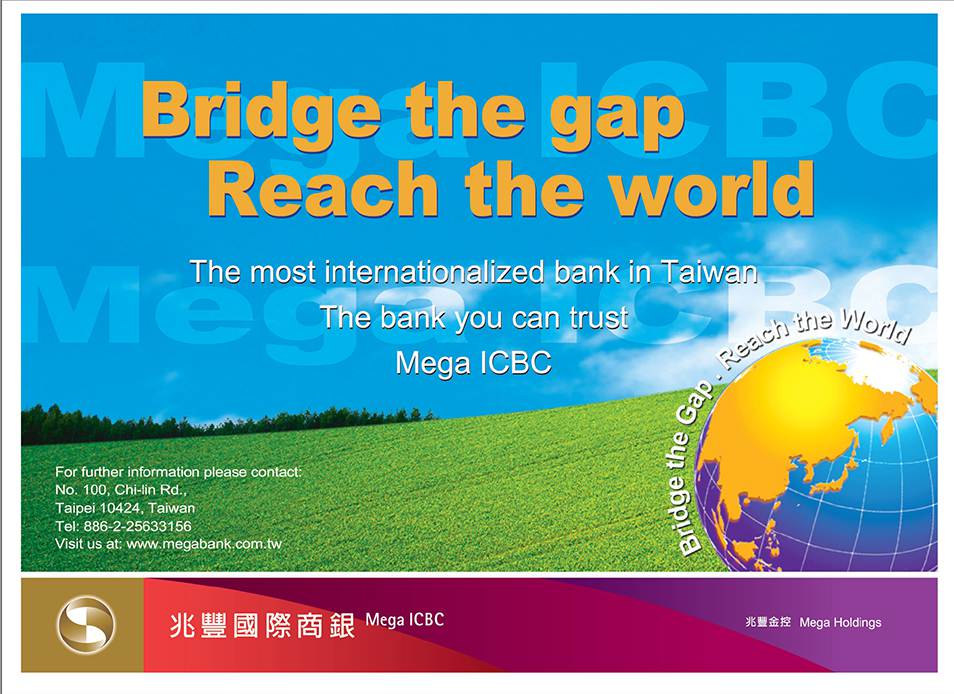Amid efforts to internationalize its trade further, Taiwan has not neglected the importance of keeping its domestic economy stable and making it attractive to potential foreign investors.
Among the key pillars that kept the Taiwanese economy strong during the deep and protracted recession from 2007 to 2008 was its stable financial sector and banking industry.
“Our financial structure has been in a stable position because we follow our own regulations. In fact, we have a surplus in our current account every year,” stressed Finance Minister Lee Sush-Der.
To make the local economy more attractive to foreign capital, the government of President Ma Ying-Jeou instituted drastic tax cuts.
“We did a lot of tax reform. After 30 years, our flat rate was lowered to just 10 percent. So, a lot of money is coming back already. Corporate income tax was also lowered from 25 percent to 17 percent for all businesses,” said Lee.
In the wake of those new measures, the banking sector has experienced a resurgence of activity, with Taipei-based Mega International Commercial Bank reporting impressive profits last year.
While banking giants around the world struggled to get back in the black, so to speak, Mega ICBC posted a 2.44 percent increase in
its pretax income last year.

A product of a merger of the International Commercial Bank of China and Chiao Tung Bank in 2006, Mega ICBC has grown to become one of the country’s largest financial groups, with 107 local branches, 19 overseas branches, and three representative offices abroad.
As of 2010, the multi-awarded bank had assets of just over $85 billion dollars. Although only fourth in size, Mega ICBC emerged at the top of the industry in terms of profits.
“Our relentless goal is always to be the number one bank in Taiwan through steady and not volatile growth. We’d like to increase our international side,” said Chairman Tsai Yeou-Tsair.
“Our bank’s specialty is international trade. If a foreign company wants to come to Taiwan, we have very good connections for them. We can advise them, and they can use our network. We have a deep knowledge of industry over the past 60 years,” Tsai added.
To remain competitive globally, Mega ICBC is further expanding its operations in China this year and in the Middle East. According to the bank, it has signed cooperation agreements with Bank of China and Bank of Communication in the first quarter of 2011, and is not ruling out an alliance with other leading Chinese banks.
“Our bank may also be a good bridge for foreign banks and other institutions to get into China,” he also said. Like all players in the local industry, Fubon Financial Holding has staked its future growth on its business with mainland China. Fubon Financial Holding owns Taipei Fubon Bank as well as the country’s second-largest life insurance company and the largest general insurance, property, and casualty insurance company.
Meanwhile, its securities company has secured the third-largest market share.
“China remains our main strategic focus. We have an investment in Xiamen through Fubon Bank (Hong Kong), which was the first Taiwanese bank set up in Hong Kong,” said President Victor Kung.
“We also established a general insurance company in China, which is also headquartered in Xiamen. In life insurance, we signed a contract with Nanjing Zijin Investment, and expect to be awarded a life insurance license later this year or early next year,” Kung added.
For the Fubon group, Taiwan possesses a competitive edge over other regional players when it comes to business in mainland China.
“We have a certain lead in customer service on the retail side, as well as on small and medium banking. So these are the areas that we could really contribute to the Chinese banking sector,” said Kung.
“We already have a lot of Taiwanese clients who are very familiar with mainland China. Through their relationship with us, we can serve as an intermediary—in introducing new foreign parties to them, helping foreign parties enter mainland China through our clients, as well as introducing them to potential Taiwanese joint venture partners operating in China, with us playing the part of corporate financier and adviser,” he added.
- Originally prepared by Global Media for Foreign Affairs Special Report on Taiwan 2011










